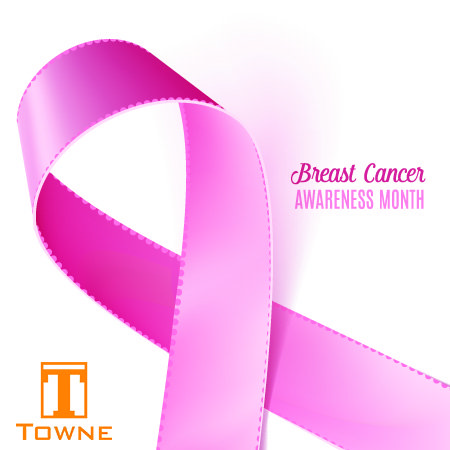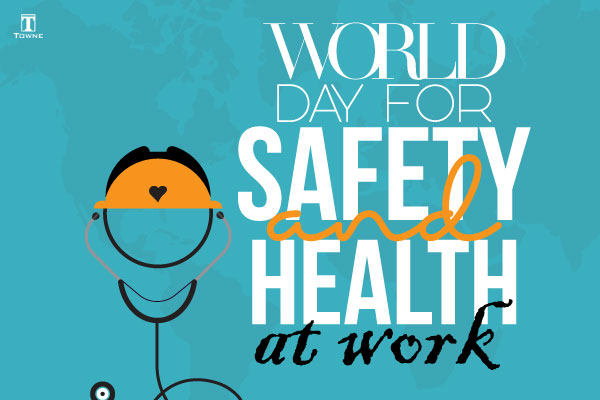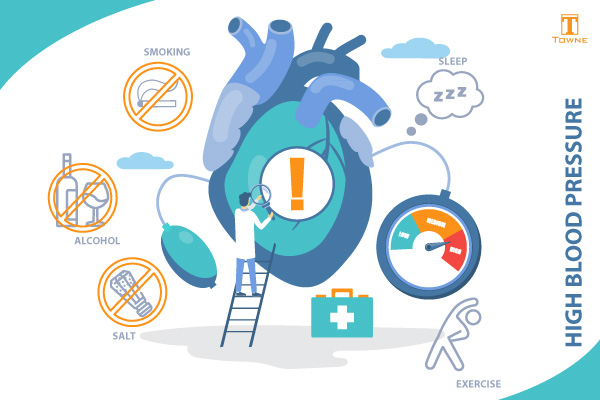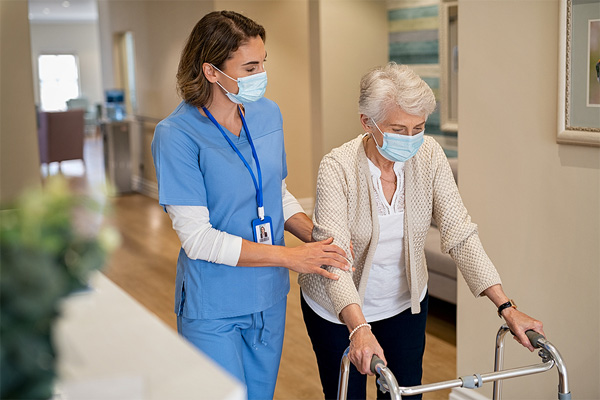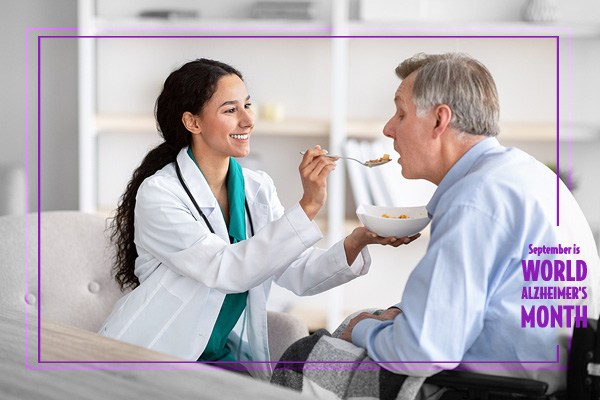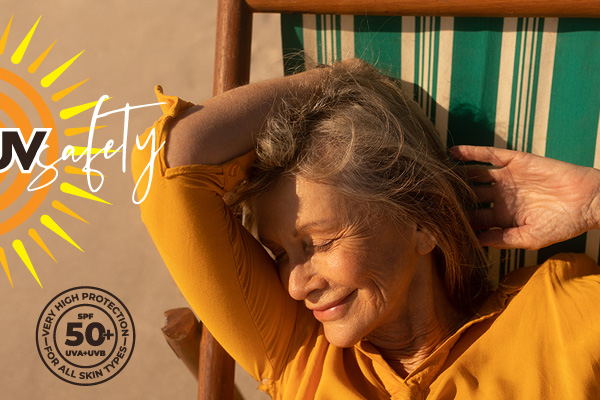October is Breast Cancer Awareness Month, so it’s a great time to talk about how CNAs, LPNs and RNs can help their elderly patients watch out for signs of the disease. In 2011, 98,080 cases or forty three (43) percent of those diagnosed with breast cancer were among elderly women over the age of sixty-five. Early diagnosis is crucial in order to increase chances of survival. A bedridden or demented patient is not likely to check for symptoms of breast cancer, so you can do it for her or remind her to do a self-examination. The American Cancer Society website has a detailed explanation of how to conduct a self-examination.
In addition to self-examination, elderly women should be getting a yearly mammogram. Bedridden women may not be able to get to a facility where there is a mammogram device or may be confined to a wheelchair which doesn’t fit into the machine. There are other breast imaging options, though, and these should be explored to find the best fit for your patient.
You can also help your patients prevent breast cancer by following the advice of the Mayo Clinic. Seniors should of course avoid smoking and drinking alcohol, but they should also control their weight and be as physically active as possible. Some seniors tend to become sedentary due to the extra effort required to get up and out, but even a short daily walk or some exercises performed while sitting in a chair can contribute to better health and lower weight. You can make exercise interesting by joining in and carrying on a conversation during the workout.
If you’d like to actively support breast cancer research, join the American Cancer Society Making Strides against Breast Cancer walk on October 18, 2015. There are events all over the tristate area; you can find the full listing here. You’ll raise money to help save lives and get in some much-needed exercise at the same time.
To become more educated on the subject of breast cancer, see the comprehensive website of the American Cancer Society.


